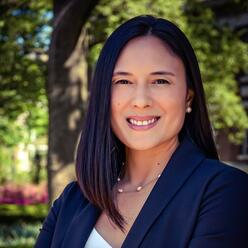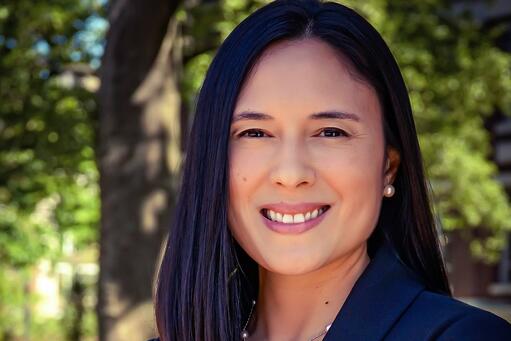NEW YORK, NY – Gender disparities continue to be a crucial issue in the workplace, but while labor observers put most of the focus on the persistent gender pay gap, there are multiple factors shaping gender in the workplace beyond pay. A new study co-authored by Columbia Business School Professors Vanessa Burbano and Stephan Meier looks at an important but underexamined work characteristic, meaningful work, and shows that women report finding significantly more meaning in their jobs than men, a gap that has doubled over the last two decades.
The study titled, The Gender Gap in Meaningful Work, reviews data in survey responses from Swedish workers and finds that the gap in meaningful work between men and women exists largely because of “occupational sorting,” where women are more likely to have jobs that carry a sense of helping others. Columbia Business School Professors Vanessa Burbano and Stephan Meier, and their co-authors Uppsala University Professor Olle Folke and Stockholm University Professor Johanna Rickne crucially look at how the gender gap in meaningful work interacts with the gender wage gap, finding the gap in meaningful work is more pronounced for lower-income workers, where the gender wage gap is lower, but not where the gender gap is largest.
“We cannot paint an accurate picture of gender differences in the workplace without understanding how workers find meaning from their jobs,” said Professor Vanessa Burbano, the Sidney Taurel Associate Professor of Business. “Our study shows that finding meaning is crucial to well-being in the workplace and thus, should be part of the picture in influencing gender differences in the labor market.”
For this study, Professor Burbano and her co-authors pooled 12 biannual surveys between 1991 and 2015 from the Swedish Work Environment Survey, the Swedish government’s biannual survey that maps the development of work conditions in the labor market conducted by Statistics Sweden. They matched survey respondents to population-wide administrative data on gender, occupations, and wages. The survey asks over 100 work environment traits and accurately represents the nation’s labor market. The researchers analyzed this data to document the gender gap in meaningful work over time. They also replicate their key results with cross-country International Social Survey Programme survey data to generalize their findings more broadly.
Additional Findings Include:
- Women’s advantage in meaningful work compensates in part for the wage disadvantage – By determining the monetary equivalent of meaningful work, the researchers found that on average, women’s higher meaning of work compensates for about 9.5% of the gender wage gap.
- Women experience prosocial jobs as more meaningful than men – Though both men and women experience high-beneficence occupations (jobs that carry a sense of helping others) as more meaningful, this relationship is even stronger for women, which means the gender gap grows within occupations and is stronger in jobs with higher levels of beneficence.
“Our study suggests that the compensation gap between men and women is converging at a more rapid pace than what we previously thought in some areas (though not in others). Wage statistics alone do not paint a full picture of how workers are being compensated at their jobs, and recent studies even show that workers are willing to sacrifice wages to work at jobs with greater meaning,” says Professor Stephan Meier, the James P. Gorman Professor of Business and Chair of the Management Division.
To learn more about the cutting-edge research being conducted, please visit Columbia Business School.
###




